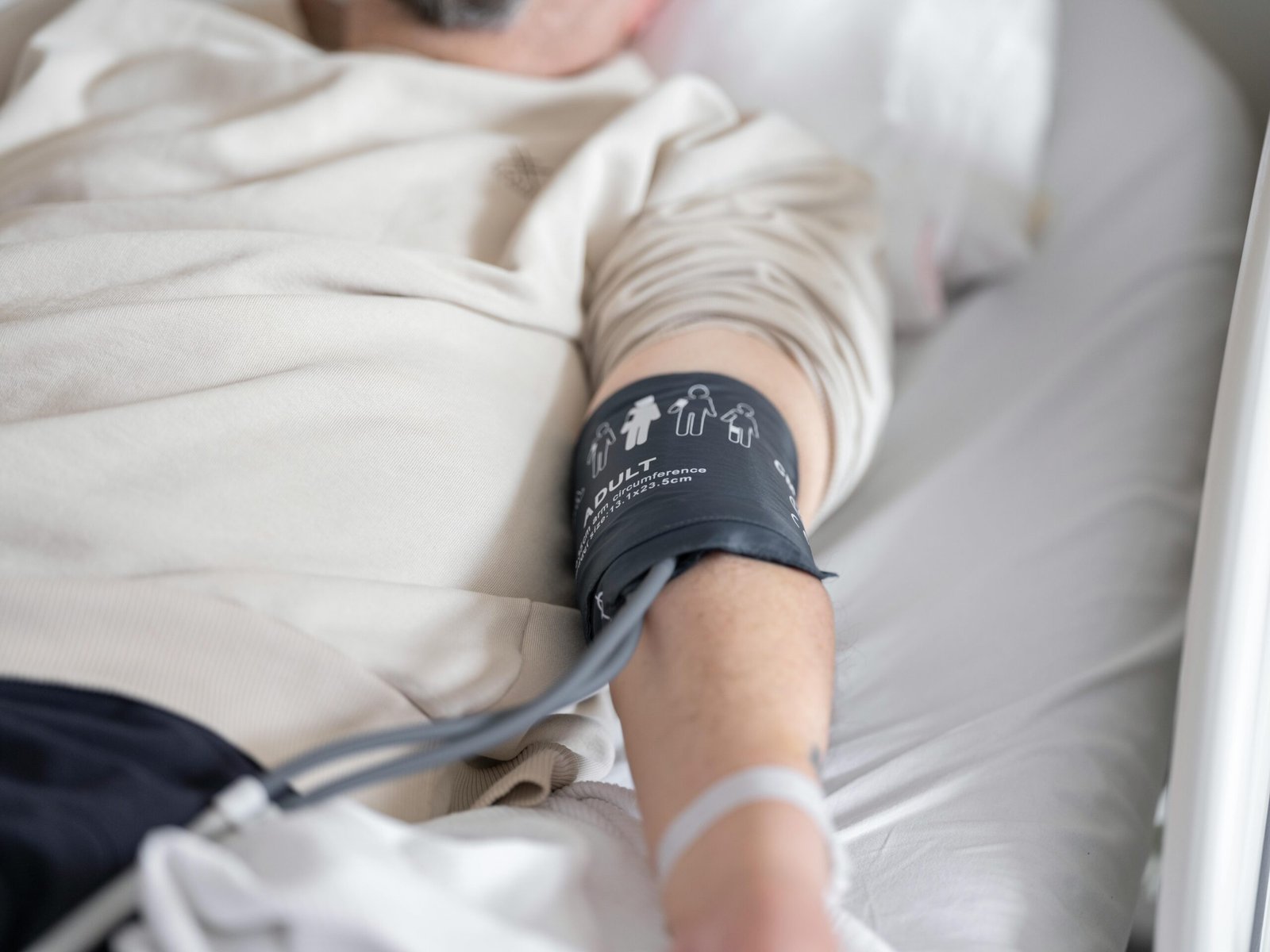Complete Article: High Blood Pressure — The Silent Killer
High blood pressure, medically known as hypertension, is one of the most prevalent chronic diseases worldwide. Often referred to as the “silent killer,” it quietly damages the body over years without obvious symptoms until it leads to serious health problems like stroke, heart attack, kidney failure, or vision loss. According to the World Health Organization, more than one billion people globally live with high blood pressure, and it accounts for millions of deaths every year. Despite its risks, hypertension can often be prevented, detected early, and controlled through lifestyle changes and medication.
What Is Blood Pressure?
Blood pressure is the force exerted by circulating blood on the walls of the arteries as the heart pumps it through the body. It is measured using two numbers:
- Systolic pressure: the pressure when the heart beats.
- Diastolic pressure: the pressure when the heart rests between beats.
A normal blood pressure reading is below 120/80 mmHg. When consistently at or above 130/80 mmHg, a person is diagnosed with hypertension.
Types of High Blood Pressure
Hypertension is classified into two main types:
- Primary (essential) hypertension: The most common type, which develops gradually over years. It has no single identifiable cause but is linked to genetic factors, aging, and lifestyle habits.
- Secondary hypertension: This type is caused by an underlying health condition such as kidney disease, hormonal disorders, or the use of certain medications like birth control pills or decongestants.
Causes and Risk Factors
Common Risk Factors:
- Aging: risk increases with age.
- Family history of hypertension.
- Being overweight or obese.
- Sedentary lifestyle with little or no physical activity.
- Excessive salt (sodium) intake.
- Chronic stress or anxiety.
- Smoking and excessive alcohol consumption.
Secondary Causes:
- Chronic kidney disease.
- Obstructive sleep apnea.
- Thyroid or adrenal gland disorders.
- Certain prescription or over-the-counter medications.
Symptoms of High Blood Pressure
One of the reasons hypertension is called the “silent killer” is because it often shows no symptoms, even at dangerously high levels. However, in some people, it can cause:
- Persistent or severe headaches.
- Dizziness or loss of balance.
- Blurred or double vision.
- Chest pain or tightness.
- Shortness of breath.
- Frequent nosebleeds.
- Fatigue or confusion.
These symptoms are more likely to appear when blood pressure reaches a hypertensive crisis level, requiring immediate medical attention.
Why Is Hypertension Dangerous?
Unchecked high blood pressure damages the arteries and vital organs over time, significantly increasing the risk of:
- Stroke: due to weakened or blocked blood vessels in the brain.
- Heart attack: caused by narrowed arteries or heart failure.
- Kidney disease: as high pressure damages kidney function.
- Aneurysm: a dangerous bulge in the artery wall that can rupture.
- Eye disease (retinopathy): leading to vision impairment or blindness.
- Cognitive decline and dementia: linked to reduced blood flow to the brain.
How Is High Blood Pressure Diagnosed?
Hypertension is diagnosed using a blood pressure monitor (sphygmomanometer). Doctors often recommend multiple readings on different days to confirm the diagnosis. Additional tests may include:
- Blood and urine tests to check kidney function and other markers.
- Electrocardiogram (ECG) to assess heart function.
- Echocardiogram or ultrasound of the heart or arteries.
- Eye examination to detect retinal damage.
Treatment and Management
Managing hypertension often requires a combination of lifestyle modifications and, when necessary, medication.
Lifestyle Changes:
- Healthy diet: Follow the DASH (Dietary Approaches to Stop Hypertension) diet rich in fruits, vegetables, whole grains, and low-fat dairy, while reducing salt, sugar, and saturated fats.
- Regular exercise: At least 150 minutes of moderate aerobic activity per week.
- Weight control: Maintain a healthy body weight.
- Quit smoking and limit alcohol: Both can worsen hypertension.
- Stress management: Through relaxation techniques, meditation, or therapy.
Medications:
When lifestyle changes alone are not enough, doctors may prescribe:
- Diuretics (“water pills”) to help eliminate excess sodium and water.
- ACE inhibitors or ARBs to relax blood vessels.
- Beta-blockers to reduce heart workload.
- Calcium channel blockers to prevent vessel constriction.
- Other medications depending on individual needs and health status.
Prevention of Hypertension
Even if you have normal blood pressure, adopting healthy habits can help prevent hypertension:
- Reduce salt intake to less than 5 grams per day.
- Eat plenty of potassium-rich foods (bananas, spinach, beans).
- Stay active and avoid prolonged sitting.
- Avoid smoking and second-hand smoke.
- Get enough sleep and manage stress effectively.
Practical Tips for Patients
- Monitor your blood pressure regularly at home.
- Take prescribed medications exactly as directed.
- Keep follow-up appointments with your healthcare provider.
- Be aware of side effects and report them to your doctor.
- Maintain a daily log of your readings and symptoms.
- Educate yourself about the condition to stay proactive.
Conclusion
High blood pressure is a serious yet manageable condition. With awareness, early detection, lifestyle improvements, and proper medical care, most people can control their blood pressure and reduce the risk of life-threatening complications. Regular check-ups, adherence to treatment, and a commitment to healthier living are key to protecting yourself and enjoying a longer, healthier life.
Remember: knowledge and action are your best defense against the silent killer.

